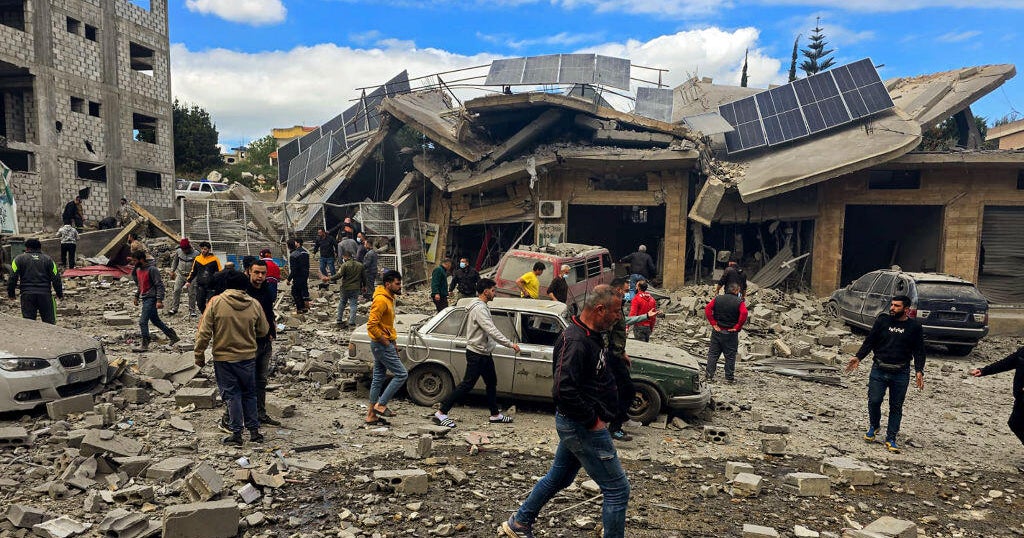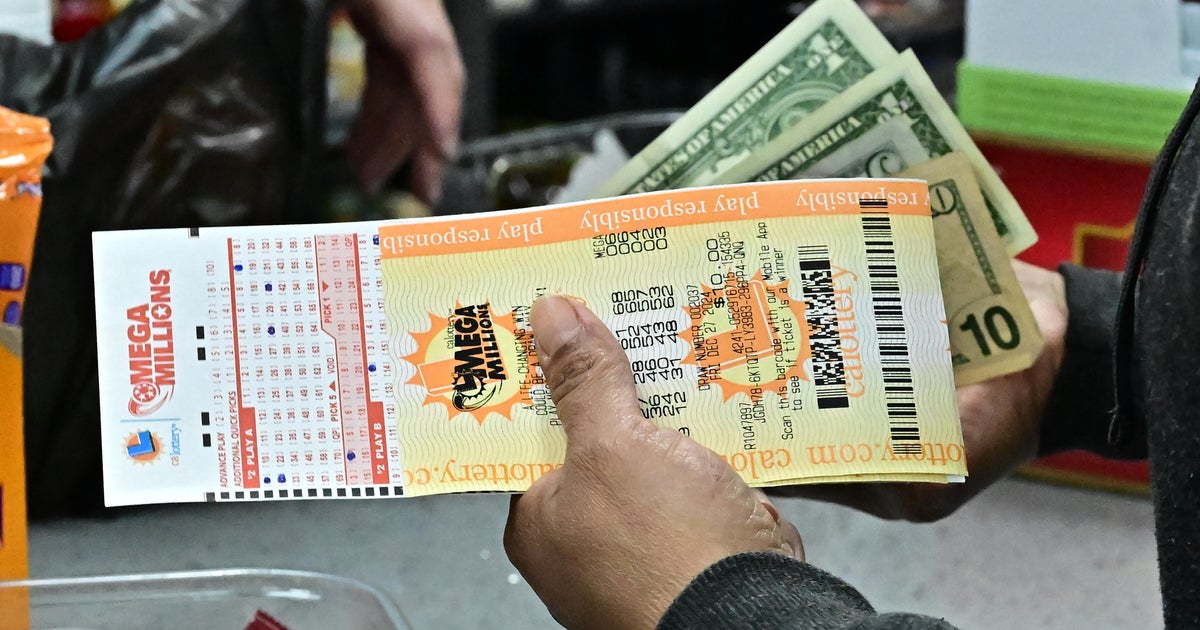On the eve of a too-close-to-call presidential election, Ecuador declared a state of emergency Saturday in seven of its 24 provinces, including the capital Quito, saying it was needed to fight a dramatic rise in drug-linked violence.
The measure, set to last 60 days, took effect just before Sunday’s election pitting incumbent Daniel Noboa against his leftist opponent Luisa Gonzalez, and after the country began the year with its bloodiest start ever, averaging a killing every hour.
The state of emergency applies to the coastal provinces of Guayas, Los Rios, Manabi, Santa Elena and El Oro, the Amazonian provinces of Orellana and Sucumbios, as well as to Quito and the troubled mining town of Camilo Ponce Enriquez.
It also applies to the nation’s prisons.
Noboa imposed the measure amid an “increase in violence, serious crime, and the intense unlawful activities of organized armed groups,” according to a decree he signed.
The order suspends the legal protection against unauthorized search and entry of homes and mail, as well as the freedom of assembly, and imposes a nightly curfew in the cities of Guayas, Los Rios, Orellana and Sucumbios, as well as Ponce Enriquez.
Noboa, in power since November 2023, has previously decreed states of emergency to combat the rise of drug gangs, who have waged bloody turf fights over control of the illicit trade, spreading terror among ordinary Ecuadorans.
As he pursued his “iron fist” policies, the country’s homicide rate fell from a record 47 per 100,000 inhabitants in 2023 to 38 in 2024, yet remained the highest in Latin America last year, according to the group Insight Crime.
Noboa last year declared Ecuador to be in an internal armed conflict, allowing him to keep troops in the streets to combat some 20 drug gangs linked to international cartels the president brands as “terrorists.”
It was not immediately clear how the election-eve emergency measures would affect the voting process Sunday, or voters’ decisions.
But crime has been a key issue between Noboa, 37, and his 47-year-old rival Gonzalez, as close to 14 million Ecuadorans prepare to decide who will run their nation for the next four years.
A Noboa victory would likely spell more “iron fist” policies, which have had mixed success. He wants to see U.S. troops deploy to Ecuador to tackle the cartels wrestling to control the flow of cocaine through Ecuadoran ports to Asia, the United States and Europe.
A win by Gonzalez, who hopes to be Ecuador’s first female president, would signal a sharp shift to the left and a likely cooling of Ecuador’s relations with the United States and its president, Donald Trump.
An American intelligence assessment of the Ecuadorian presidential election concluded that a reelection of the incumbent president would better serve U.S. national security interests over the challenger. Ecuador ranks among the 10 largest economies in Latin America and the bilateral trade between Ecuador and the United States surged to $15.2 billion in 2023.
Ecuador avoided Mr. Trump’s imposed tariffs rolled out by the White House last week.
contributed to this report.




